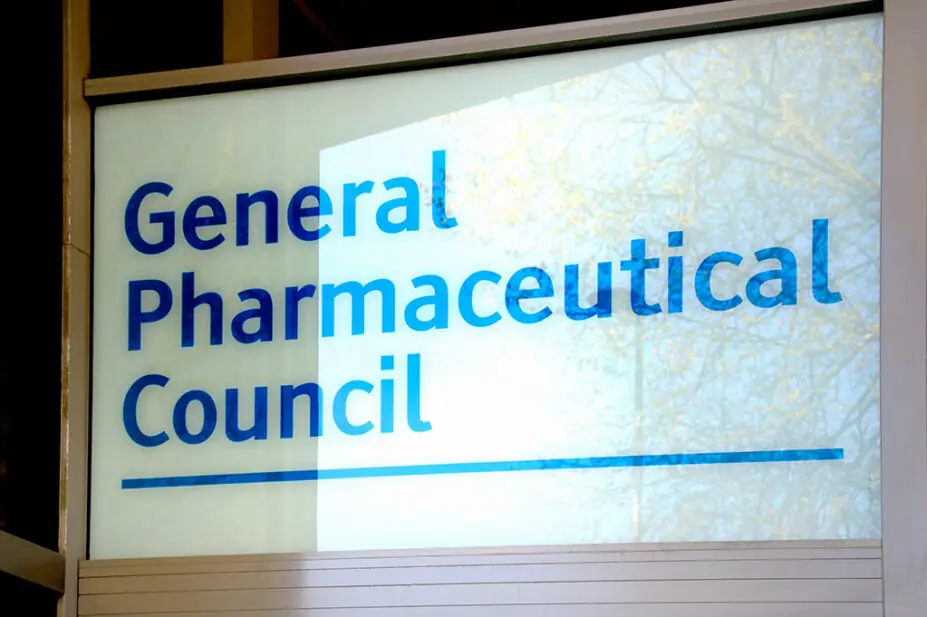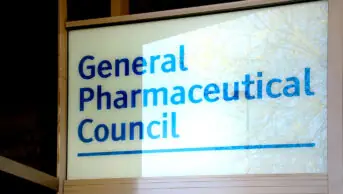
PjrTravel / Alamy Stock Photo
The General Pharmaceutical Council (GPhC) is planning to incorporate environmental sustainability into its pharmacy regulation processes, according to council papers.
Although the regulator’s full net zero action plan is expected to be published later in August 2024, a summary of the plan and its action points was presented at a council meeting on 18 July 2024.
The documents said the GPhC will incorporate environmental sustainability into its regulatory levers, including its standards for pharmacy professionals and registered pharmacies.
It also plans for the registration assessment to include assurance that pharmacists can provide “sustainable pharmacy care” and for pharmacies to provide assurance that they “are working towards net zero targets”.
As part of the inspection process, the plan said themed reviews will identify what sustainable pharmacy care looks like, with examples of good practice available.
“Accreditation of education and training providers will include checking commitments to net zero and how students will become carbon literate,” the document said.
The regulator also outlined plans to identify and share what an environmentally sustainable curriculum looks like, and review its revalidation process to consider how sustainable pharmacy care could be tested.
It added that it will quantify the carbon footprint of pharmacies on the GPhC’s register annually by collecting data at renewal.
The document includes actions the GPhC is taking to make its own operations more sustainable, including plans to measure and reduce its own carbon emissions, raising awareness among staff of how to improve their carbon footprints and ensuring electronic equipment is energy efficient.
It also plans to develop an environmental sustainability impact assessment template for all major projects and programmes, with operational and policy decision papers to include net-zero implications, and the decarbonisation of its supply chain by implementing a low carbon procurement policy.
Commenting on the plans, Claire Anderson, president of the Royal Pharmaceutical Society (RPS), said: “Pharmacy can make a huge contribution to the goal of making health services more environmentally sustainable and meeting the NHS ambition of achieving net zero.
“One of the recommendations made in the RPS policy on sustainability, first published in 2021, was for the GPhC to embed sustainability within its work. We therefore welcome this development and are also working on our own toolkit so pharmacy teams can identify sustainable changes to decrease the environmental impact of the services and clinical care they provide.”
Giving examples of sustainable pharmacy care, the RPS policy also says pharmacy teams should “provide medication reviews to identify potential medicines waste, improve compliance, deprescribe medicines not required, and change from high-carbon products to low-carbon alternatives and low environmental impact alternatives where appropriate”.
In its plans, the GPhC explained its reasons for incorporating sustainability into its regulatory processes, saying that “climate change is a global emergency and has been declared the biggest threat to public health”.
“Health outcomes are being impacted by climate change, widening health inequalities,” the plans said.
The NHS contributes 4% towards England’s total carbon footprint, of which medicines account for 25%.
It has pledged to be carbon net zero for emissions it controls directly by 2040 and carbon net zero for emissions it can influence by 2045.


